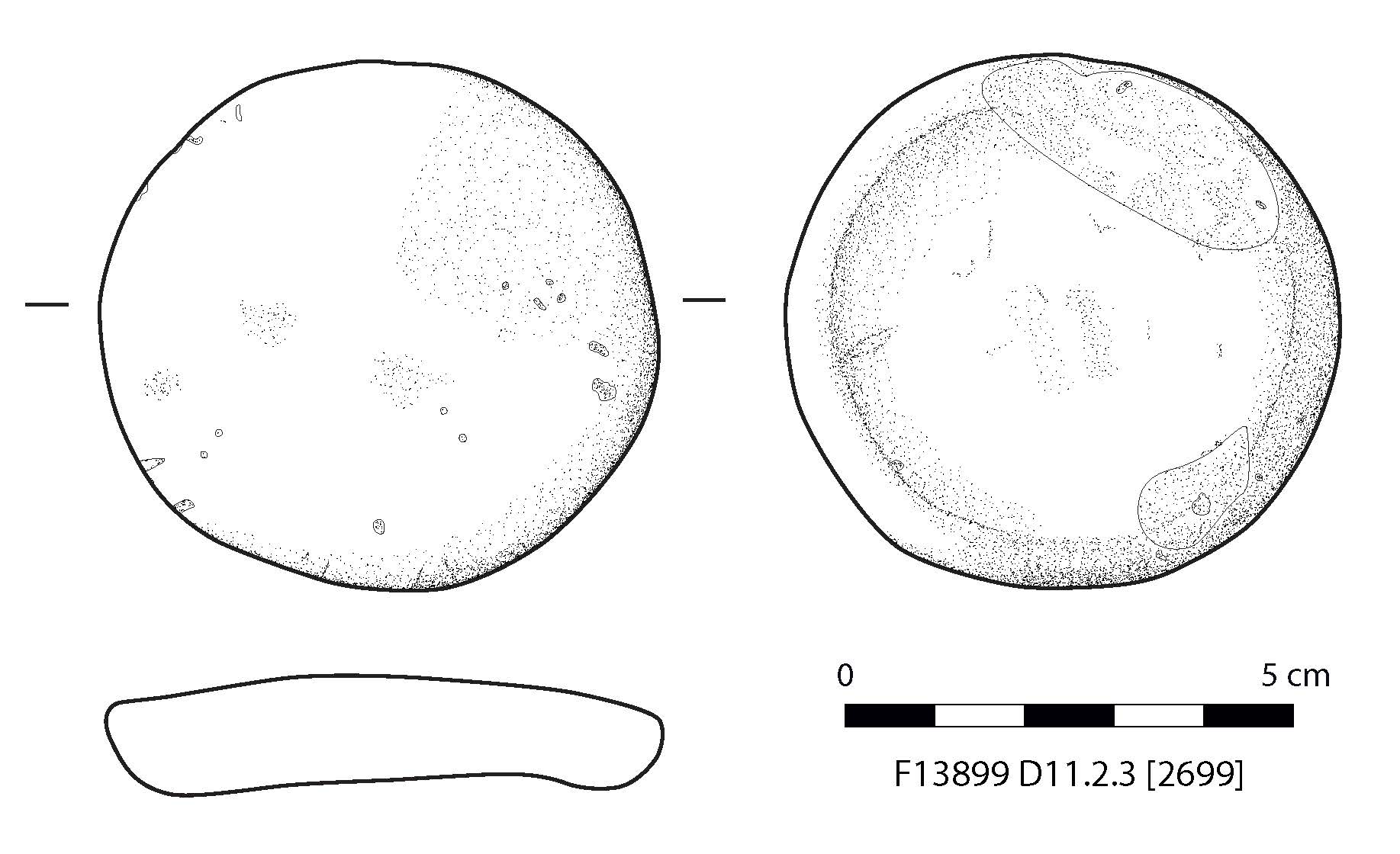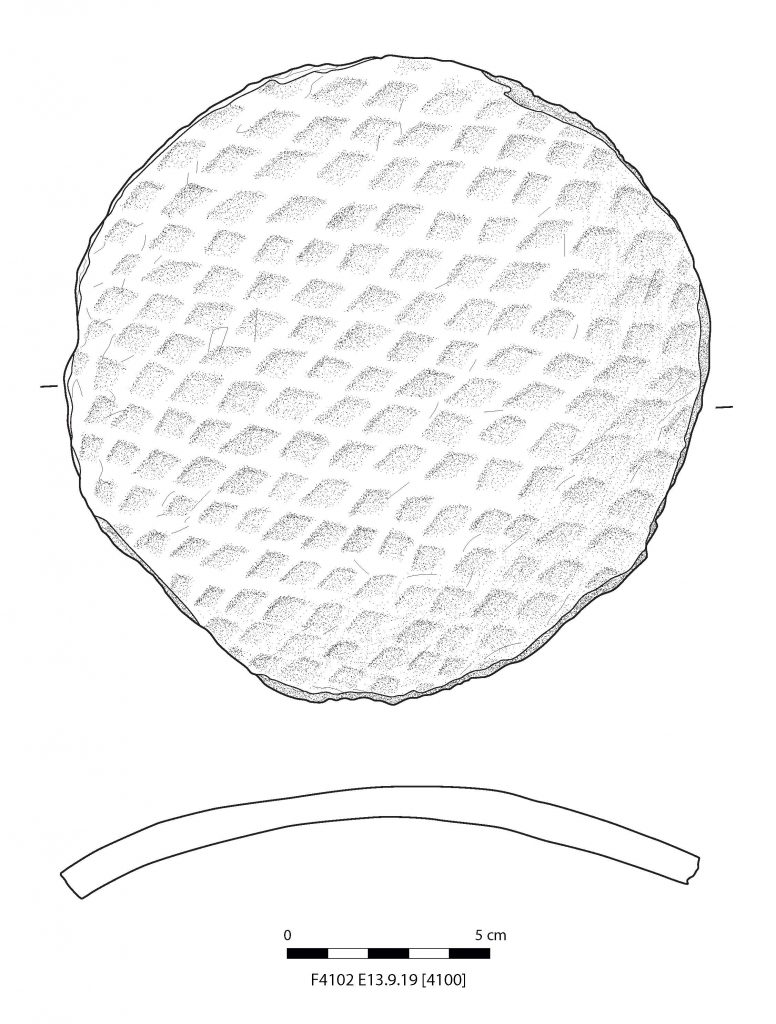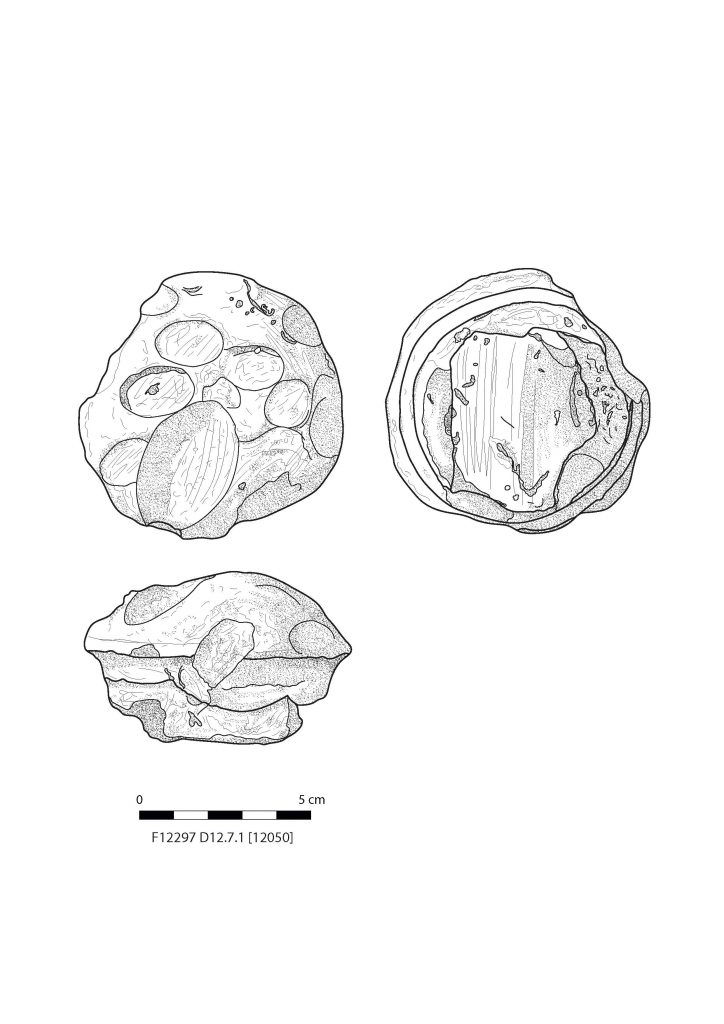May 21, 2024
by Siobhan Shinn



Siobhan Shinn (University of Oxford) received an AIA-NEH Grant for Post-Fieldwork Research and Publication in 2023. While she initially intended to travel to Sudan, the outbreak of war led to a pivot to digitizing field drawings, now freely available to all online. The National Museum in Khartoum, where some of the artifacts excavated at Amara West and digitized by this project are held, was briefly occupied by armed forces and the unknown status of the collection underscores the importance of digitization projects for preservation purposes. You can read Siobhan Shinn’s project update below.
The Amara West Digitization Project began several years ago and has continued through to the present with generous funding from the AIA-NEH Post-Fieldwork Grant in Research and Publication. It was conceived of as a way to make the data, records, and publications of the larger Amara West Research Project freely accessible via the website amara-west.researchspace.org. The project planned to travel to the National Museum in Khartoum, Sudan in November 2023. Our goals were to study, draw, and digitize the jewelry excavated at the archaeological and cultural heritage site of Amara West, Sudan and to publish the findings via the website.
Then the war in Sudan began, and we were forced to reorganize our plans for this project. The new plan was to digitally illustrate object drawings of clay jar stoppers, ceramic jar lids, and textiles that were made, several years ago in the field, and not yet digitized. Before the digitized version of the drawings are finalized, a review takes place of how this digitized drawing reflects its original pencil illustration as shading methods and depiction of details can differ somewhat. After completion, the new drawings are added to the Amara West website. It has been very cool to see them uploaded to the website and accessed in real time!
This project highlights the importance of freely accessible, digital records to archaeological research. The ease with which these records are able to be examined online and used in analyses of past cultures is remarkable. It is even more important when the site sits in a conflict zone. The National Museum in Khartoum, where some of the artifacts excavated at Amara West and digitized by this project are held, was, for a time, taken over for use by the Rapid Support Force (RSF). It’s current condition, and the condition of the artifacts within it, are not known. Our digital documents are, as of right now, the only records of these artifacts.
The project hopes to return to Khartoum to discover the lost artifacts and to digitize, study, and publish the jewelry after the conflict is resolved. And we hope that our friends in Sudan remain safe until their country can find peace. Until that time, we will work to digitize all the remaining artifact drawings so that our colleagues in Sudanese archaeology can continue to study the cultures of ancient Sudan and Nubia.
The Archaeological Institute of America supports professionals in all stages of their careers that are working to expand our knowledge of the human past and you can too! Support archaeology with a donation today.